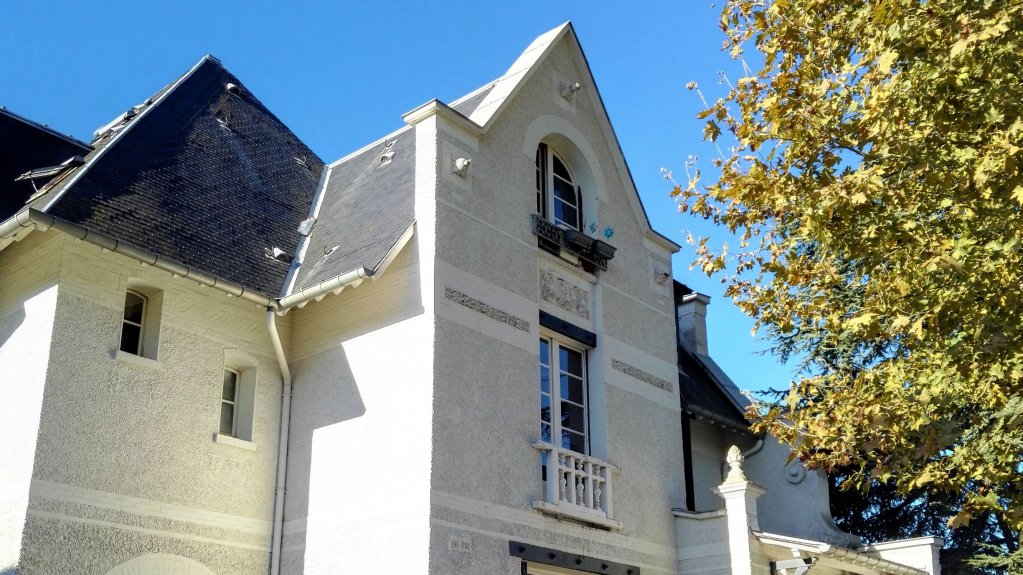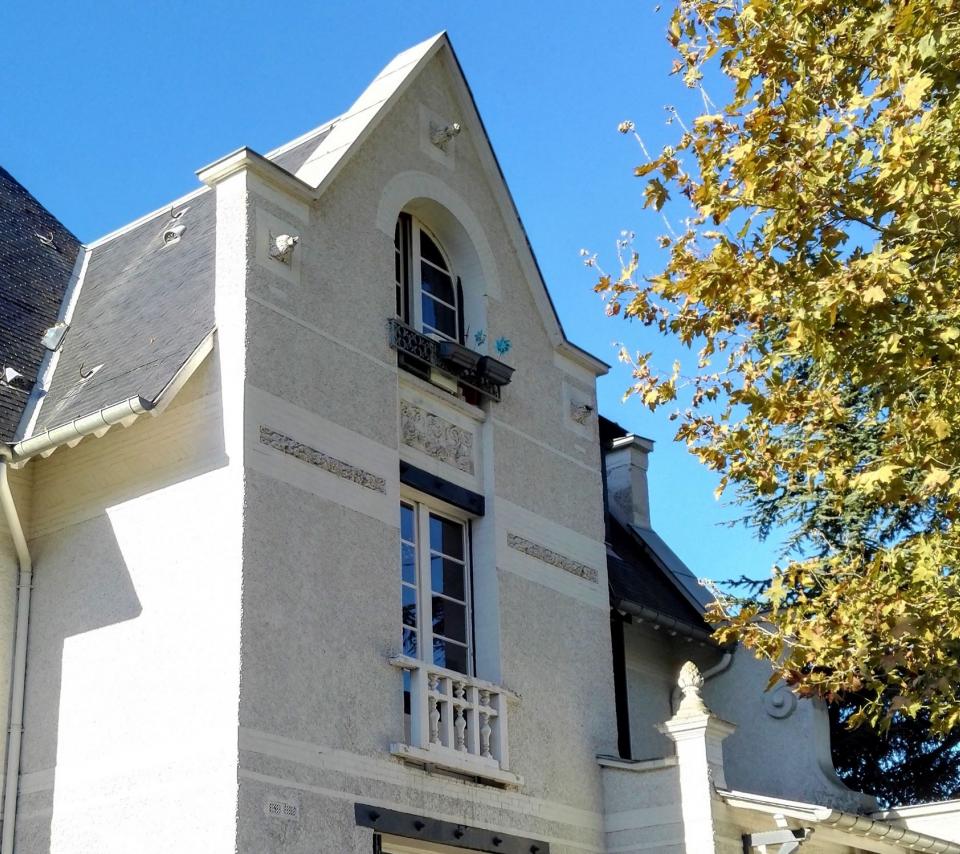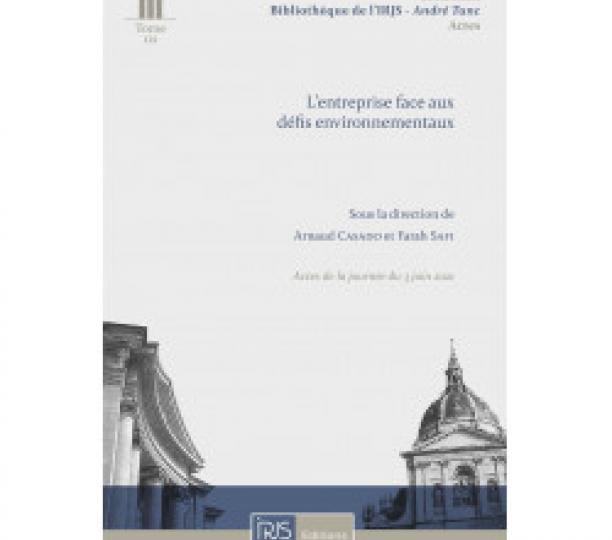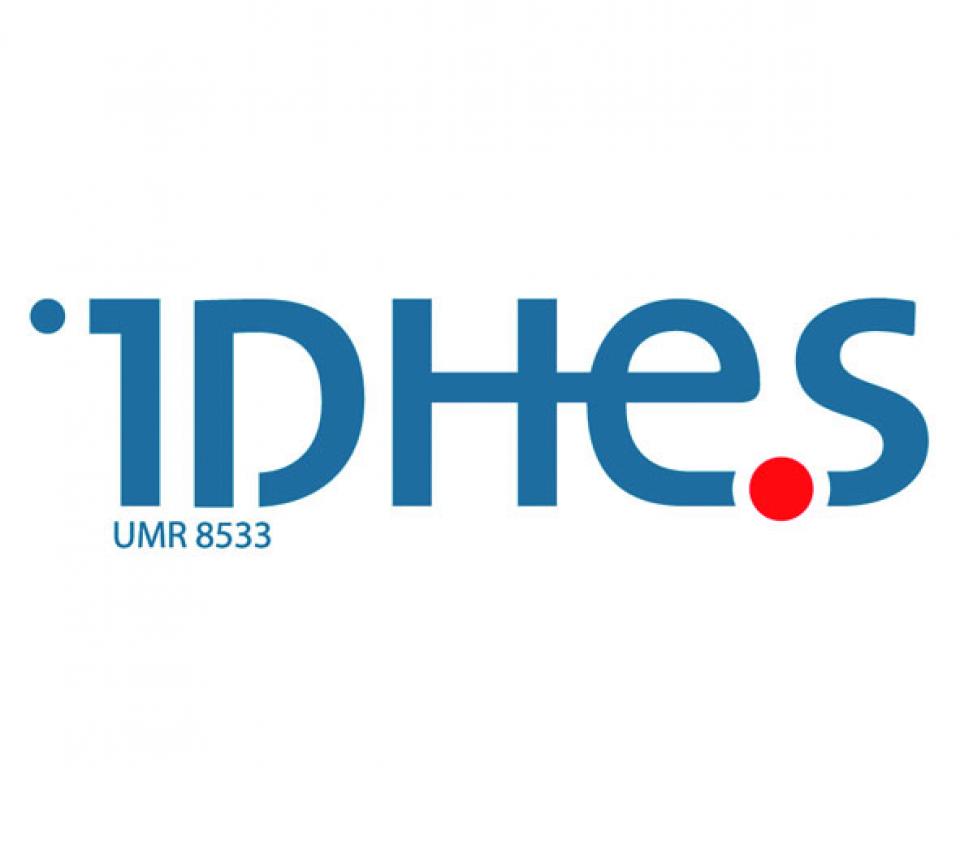
Formation

Les formations de la semaine
Du 28 au 29 mars , CFDT, Actualités juridiques , Droit de la sécurité sociale...
Regard sur

Type d'événement
Conférence
Date de l'évènement
Le mercredi 12 juin 2024
09h30
17h30
Les rencontres IRES-ISST
Les chiffres clés en 2023
47
Sessions de formation syndicale et prud'homale
8
Journées de droit social
646
stagiaires

Centre Bourg-la-Reine (ISST)
16, boulevard Carnot 92340 Bourg-la-Reine
Se rendre au centre Centre Bourg-la-Reine (ISST) en transports
Se rendre au centre Centre Bourg-la-Reine (ISST) à pied
Se rendre au centre Centre Bourg-la-Reine (ISST) à vélo
Se rendre au centre Centre Bourg-la-Reine (ISST) en voiture
Institut des Sciences Sociales du Travail (ISST)








